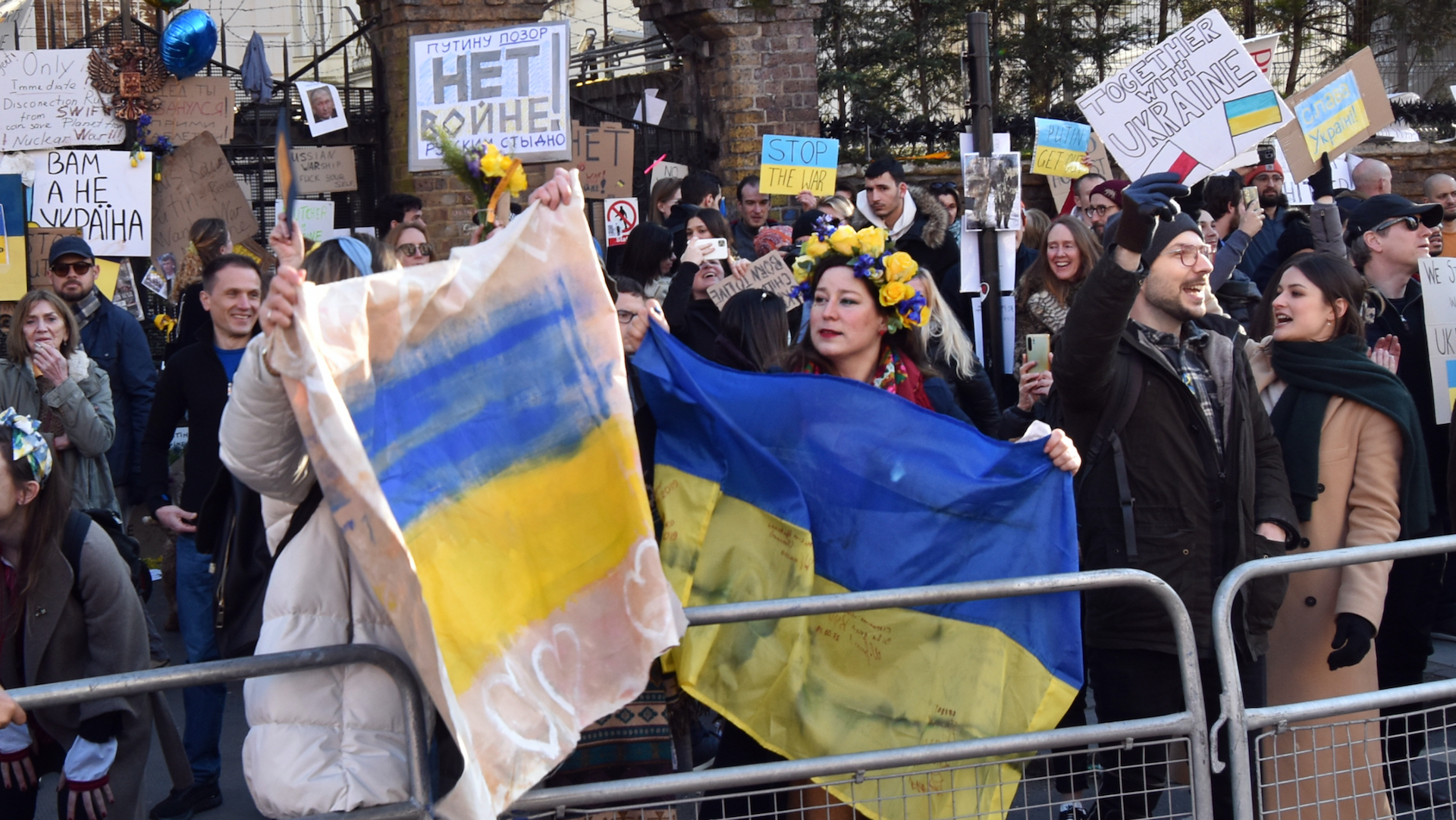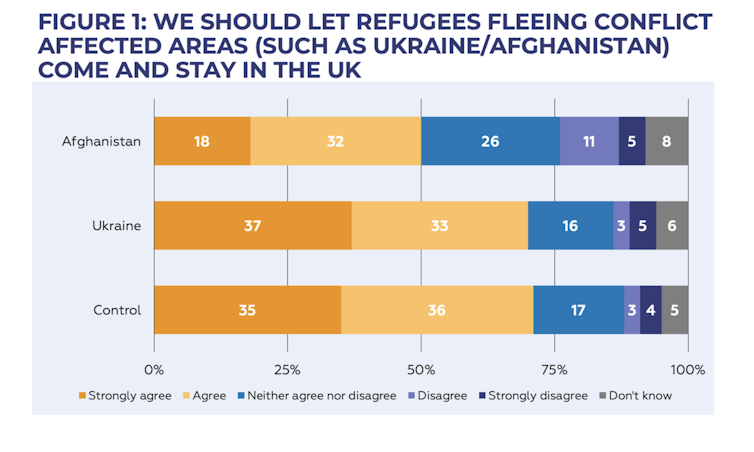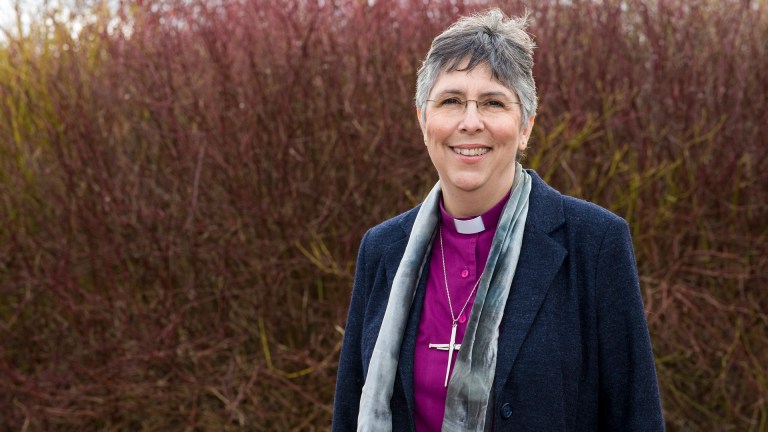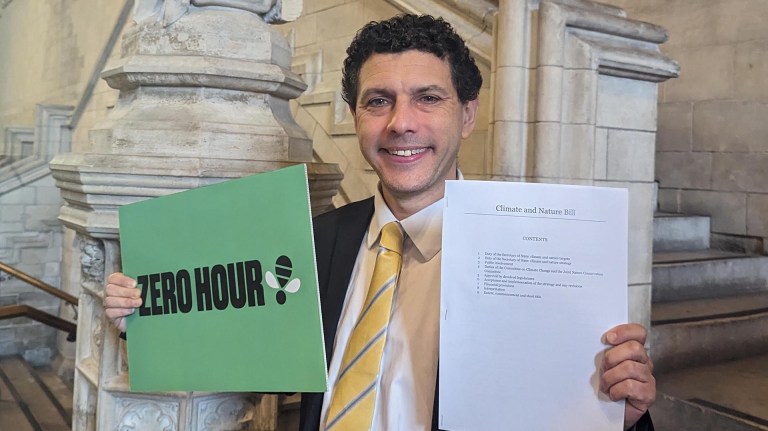As of late May, in the three months since Russia invaded Ukraine, 6.8 million refugees had fled the war into other countries. The majority, some 3.6 million people, headed to Poland, while another million went to Romania. European Union nations and others began offering visa waivers and other schemes to help Ukrainians. The UK, for example, is currently home to about 60,000 refugees from Ukraine.
Further east of Europe, the people of Afghanistan are experiencing conflict which has lasted for over 40 years. More than 2.6 million Afghan refugees are registered with the UN’s refugee agency alone, with an increasing number of people fleeing the country in the wake of the Taliban takeover.
Do people think that refugees from one of these two countries deserve more help than the other? Are people’s views mirroring the racist double standards that characterised much of the coverage of conflicts in Ukraine and the Middle East? We set out to find out what the British public believes. Caught between their desire to show solidarity for people affected by war and their evergreen concerns that too many people are coming to the UK, legally or illegally, we wanted to know how recent events have shaped their views.
To do this, we conducted an online survey, as part of ongoing research, with a representative sample of 1,690 adults in Great Britain contacted via YouGov. Among other questions, we asked respondents:
do you agree or disagree that we should let refugees fleeing conflict-affected areas come and stay in the UK?
To get to the core of the matter, however, we actually deployed three slightly different versions of this question, with each respondent only seeing one. In one version, we asked the question as it is, in one further version, we added a reference to Ukraine as the conflict-afflicted area, and in a third version, Afghanistan was used as the example.
For people receiving the neutral version of the question, levels of support for helping refugees were high, with 71 per cent agreeing that the refugees should be allowed to come and stay in the UK. We found similar levels of agreement when we ask about Ukrainian refugees, with 70 per cent of respondents agreeing we should help.










